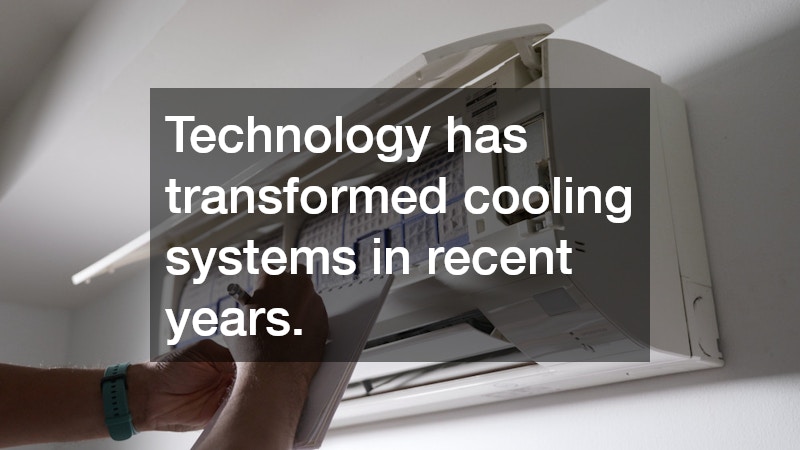Choosing the right air conditioning unit can make a big difference to your comfort and energy costs. With so many options available, it is important to understand what to look for before making a purchase.
This guide will help you navigate key factors to ensure you select a system that suits your needs and budget.
Understand Your Cooling Requirements
The first step in selecting an air conditioning unit is to assess your cooling needs. Consider the size of the space you want to cool as this directly influences the capacity of the system required. Units come in various sizes measured in kilowatts (kW), so choosing the right capacity is essential for efficient operation.
A unit that is too small will struggle to cool the area, causing it to work harder and use more energy. On the other hand, an oversized system will cycle on and off frequently, which can reduce its lifespan and increase running costs. It is best to seek advice from a professional who can calculate the required capacity based on room dimensions, insulation, number of windows and doors and amount of sunlight the space receives.
Choose Between Split Systems & Ducted Units
One of the biggest decisions is choosing between a split system and ducted cooling. Each has advantages depending on your home and lifestyle.
Split systems are popular for their ease of installation and affordability. They consist of an outdoor compressor and an indoor unit mounted on a wall, typically cooling one room or zone. Split systems are ideal for smaller homes or targeting specific areas such as a living room or bedroom.
Ducted units use a network of ducts installed within the ceiling or floor to distribute cool air evenly throughout the entire home. This option is more expensive but provides consistent temperature control across multiple rooms, making it a great choice for larger homes or those who want whole-house cooling.
Energy Efficiency & Running Costs
Energy efficiency should be a priority when selecting a unit. Look for models with a high star rating on the Energy Rating Label. This label clearly shows how energy efficient the unit is and helps compare different options.
Energy-efficient units might cost more upfront but save money in the long run by reducing electricity bills. Features such as inverter technology help systems operate more efficiently by adjusting compressor speed to maintain a steady temperature rather than switching on and off repeatedly.
Also consider operating costs in your area. Running a cooling unit can add significantly to electricity expenses, so a more efficient model with a good star rating is a smart investment.
Installation & Maintenance Requirements
Installation is another important factor. Some units require professional installation to ensure optimal performance and avoid potential issues down the track. Make sure the installer is licensed and experienced with the system you choose.
Maintenance is crucial for keeping your unit running efficiently. Regular cleaning of filters, checking refrigerant levels and servicing components can prolong the life of the system and maintain air quality. Ask about maintenance requirements before purchase and whether your installer offers ongoing service plans.
Noise Levels & Environmental Impact
Noise can be a concern, especially if you plan to install the unit in a bedroom or study. Check the decibel rating of any model you are considering. Modern units tend to be much quieter than older systems, but some are specifically designed for low noise output.
Environmental impact is also important. Choose units that use refrigerants with lower global warming potential (GWP). Many manufacturers now offer more eco-friendly options that reduce the environmental footprint without compromising performance.
Control Options & Smart Features
Technology has transformed cooling systems in recent years. Many models now offer smart controls allowing you to operate the unit remotely via an app on your phone. This means you can cool your home before you arrive or adjust settings while away, improving convenience and efficiency.
Programmable timers and motion sensors can help reduce energy use by ensuring the unit only operates when needed. When choosing a unit, consider if these smart features suit your lifestyle and offer good value for money.
Budget & Warranty Considerations
Finally, set a realistic budget balancing upfront costs with long-term benefits. While it is tempting to choose the cheapest option, investing in a quality system with good energy efficiency and reliability will save money over time.
Check the warranty terms carefully. A longer warranty provides peace of mind and indicates the manufacturer’s confidence in the product. Typical warranties cover parts and labour for two to five years.
Selecting the best air conditioning unit requires careful consideration of several factors including your cooling needs, system type, energy efficiency, installation and maintenance, noise levels and budget. By understanding these key points, you can make an informed decision that keeps your home comfortable without high running costs. Consulting a professional installer will ensure you choose a system tailored to your home and lifestyle.
.

